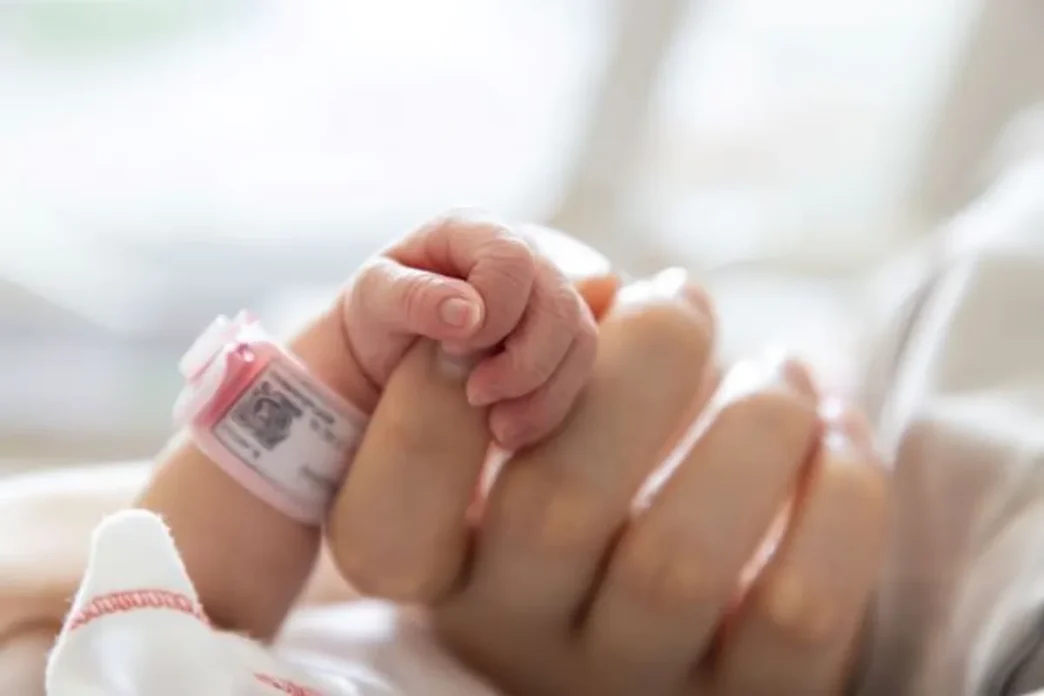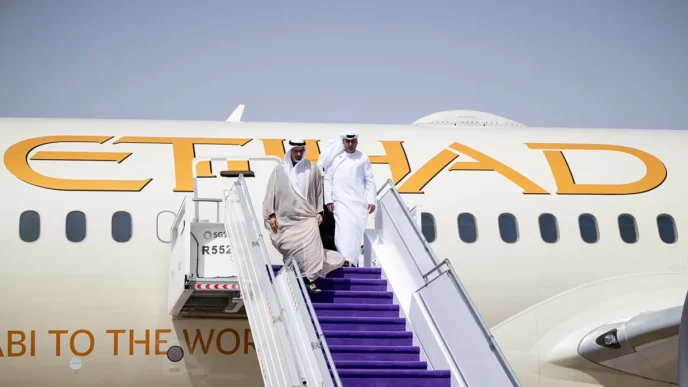In the UAE, while female workers are entitled to 60 days of maternity leave, with the first 45 days fully paid and the remaining 15 days at half pay, many new mothers are calling for longer leave to fully recover both physically and emotionally after childbirth. For expatriate women, the struggle to balance work and the early stages of motherhood is even more challenging due to limited support and insufficient leave.
Mothers, particularly expatriates, often go to great lengths to extend their time with their newborns, including saving every annual leave day, even before giving birth. One senior software engineer in Dubai shared her experience of working until the last Friday before her Sunday delivery, only to return to work 2.5 months after a C-section, still not fully healed. “It was physically painful to sit at the desk for long hours, and the emotional toll of leaving my newborn was immense,” she said, adding that the sleepless early weeks made recovery even harder.
The emotional and physical challenges faced by new mothers don’t stop at maternity leave. Many mothers also struggle with returning to work and managing breastfeeding in uncomfortable and unsanitary conditions. One mother described how she was forced to pump milk in the office toilet, which contributed to her milk supply drying up. “It was stressful, and it felt so wrong,” she said, echoing concerns from other working mothers in similar situations. Another mother, Soha, a content specialist, also described her overwhelming anxiety about returning to work so soon after her C-section, compounded by the stress of hiring a nanny and the difficulty of finding trustworthy childcare.
Sleep deprivation, post-surgery recovery, and the lack of support at the workplace make it hard for many new mothers to thrive after childbirth. Mothers are often left with no choice but to return to work without fully recovering, affecting both their health and the bond with their newborns. Lujein, a Syrian national working in content, shared how she was exhausted from interrupted sleep and ongoing recovery, while still trying to continue breastfeeding. “My exhaustion was through the roof,” she said, highlighting the difficulty of maintaining her career while managing the demands of motherhood.
These mothers all agree that there needs to be more support for working mothers, especially in terms of maternity leave and flexibility at work. Longer leave and the option to work from home could provide the balance that many new mothers desperately need. Lujein, for instance, pointed out that mothers need additional time off to manage child sickness without depleting their annual leave, and she emphasized the importance of flexibility in work arrangements.
In the face of these challenges, new mothers in the UAE are advocating for a more supportive environment that provides adequate time for recovery and the ability to balance work with family life. These changes are not just about longer leave but also about giving women the opportunity to heal, bond with their children, and return to work with the right support systems in place.














